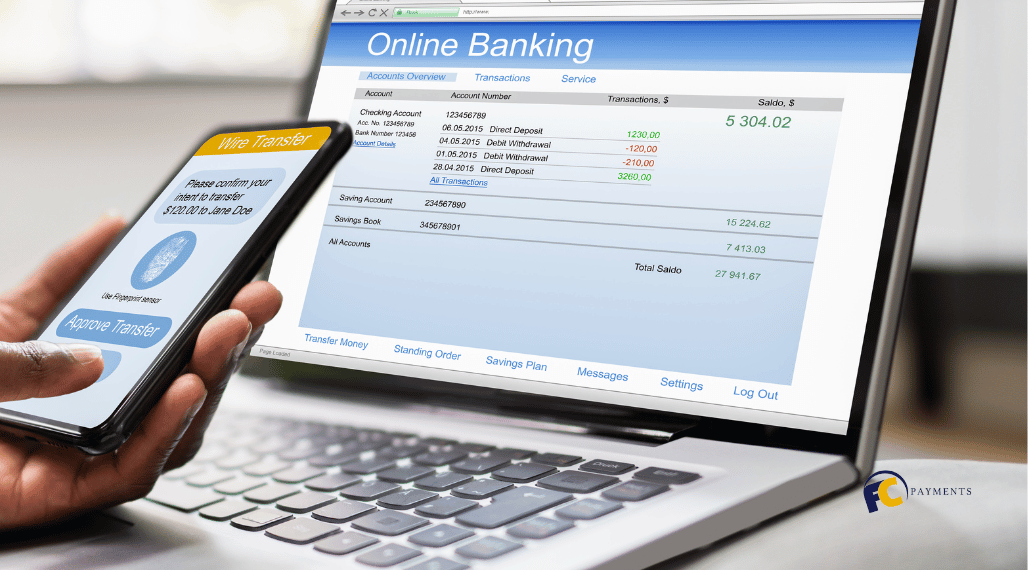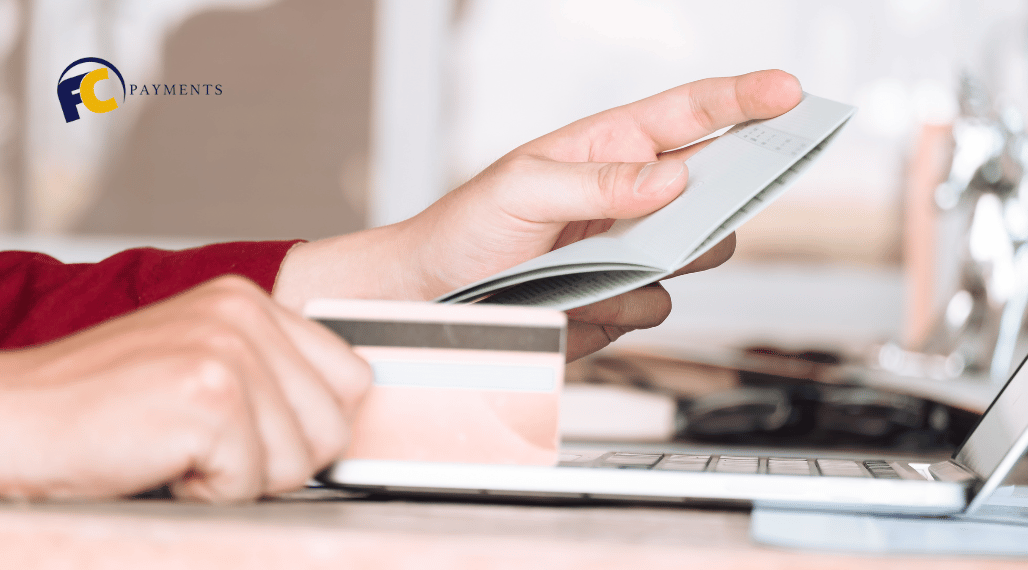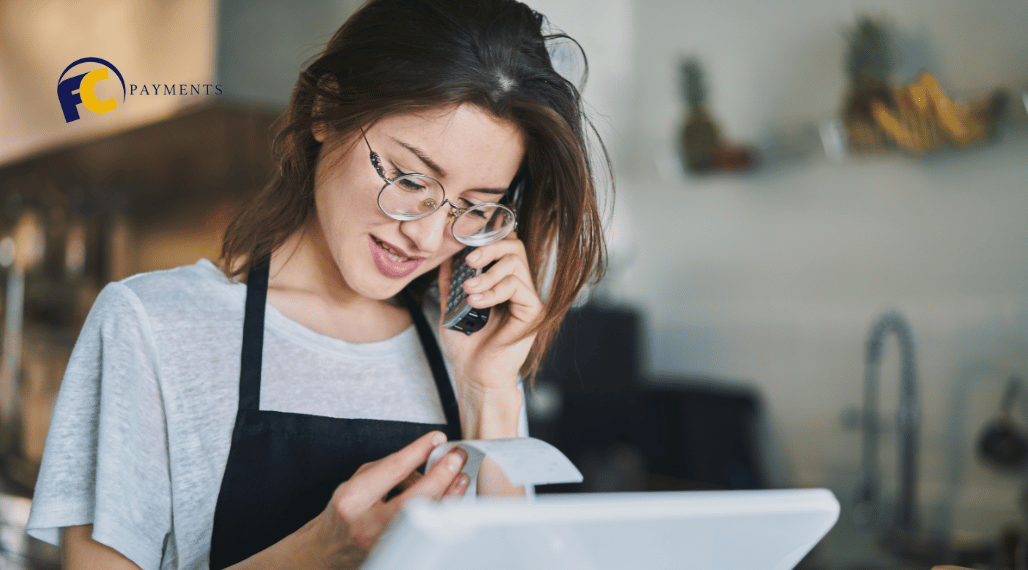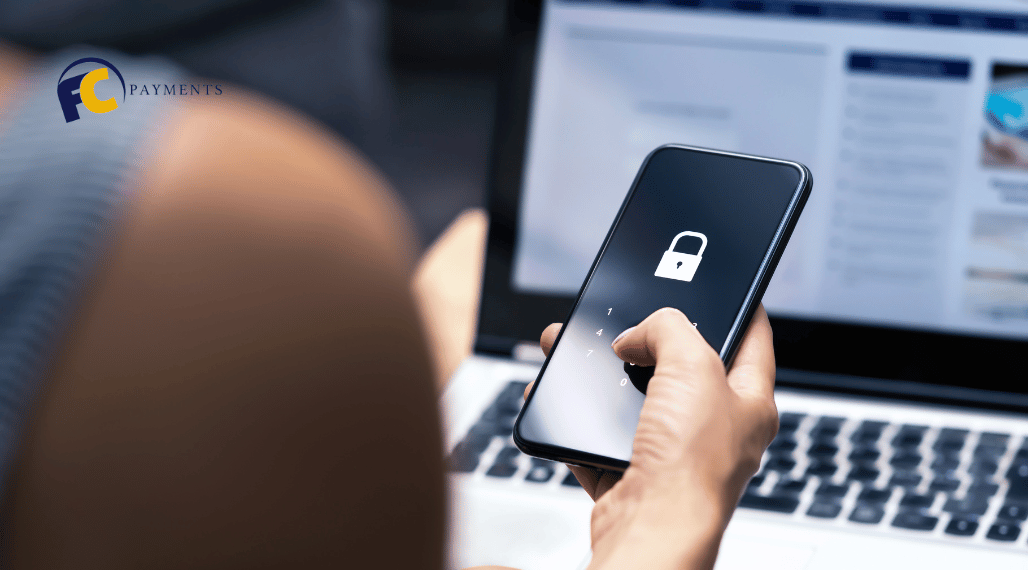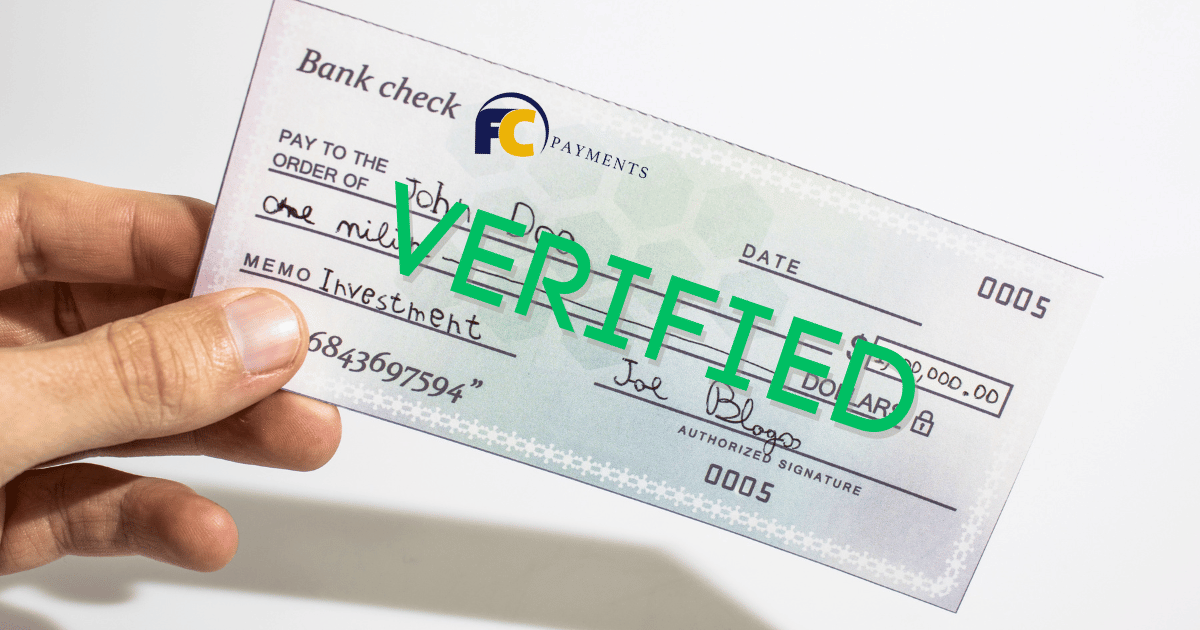
Electronic Check Verification: How to Verify Funds on a Check
This blog was firs posted in September 2023 and has been updated in September 2025.
Have you ever worried about whether a check someone handed you was real, or if the money would actually show up in your account? That’s where electronic check verification comes in. It’s a simple process that helps you verify funds on a check before you accept it, saving you from headaches like bounced checks or fraud. In this guide, we’ll show you how online check verification works, the best ways to use it, and why every business and individual should know how to verify a check online.
Key Takeaways
- Electronic check verification helps you quickly verify funds on a check and avoid fraud or bounced payments.
- Online check verification tools and third-party verification services make the process faster and more secure.
- Always use legitimate sources and protect sensitive information like account numbers from falling into the wrong hands.
- Businesses can benefit from integrating echeck payment processors for automated verification and smoother cash flow.
- First Card Payments makes verification easier with faster processing, advanced security features, and tools to prevent check scams.
What is Electronic Check Verification?
At its core, electronic check verification is the process of confirming that a check is legitimate and that the account holder has sufficient funds in their bank account or credit union account to cover it. It’s like holding up a flashlight to the check and making sure there’s real money behind the paper.
When you verify a check online or through a bank, the verification process checks the bank account number, routing number, and sometimes other identification information to ensure the account information is valid and the funds are there.
This can be done using:
- Your bank or credit union’s customer service agents
- Third-party check verification services
- E-check payment processors that build verification into their systems
The goal? To keep your financial security intact and prevent fake checks or check fraud from draining your resources.
Why Should You Verify Checks?
If you’ve ever had a check bounce, you know the pain. It’s not just the lost payment, it’s also the fees, wasted time, and even potential damage to your credit.
Here’s why the check verification process matters:
- Prevents check fraud: Catch fake checks before they land in your merchant account. [source]
- Avoids financial loss: Ensures the customer’s checking account prior to payment has the cash.
- Saves time: No chasing down customers when a check bounces after a few days.
- Protects your business reputation: No one likes calling customers about failed payments.
With today’s tools, you can verify a check in a few minutes, often before you even hand over goods or services. That’s peace of mind worth having.
Common Risks Without Verification
Skipping the step to verify checks comes with real risks:
- Check fraud: Scammers print convincing physical checks with stolen or fake account numbers.
- Bounced checks: The funds on a check aren’t there, and you’re left holding the bag.
- Delayed discovery: You may not know a check bounces until a few days later.
- Legal gray areas: Under federal law, banks don’t always guarantee checks until they clear.
And remember, even cashier’s checks or treasury checks can be counterfeited. That’s why electronic check verification is your best defense.
How the Check Verification Process Works
The check verification process is straightforward. Whether you’re using online verification services, calling a bank’s phone number, or doing it in person, the steps usually look like this:
- Collect the required information: bank name, bank address, routing number, bank account number, check number, and check amount.
- Run the details through a verification service or call the issuing bank.
- Confirm the bank account status, does the account exist, is it active, and are there sufficient funds?
- Review any extra security features or other security features like magnetic ink character recognition (MICR) line accuracy or built-in encryption in eCheck systems.
The result? Confidence that you’re working with genuine checks, not bad paper.
How to Verify a Check Online
The fastest way to verify a check online is by using online check verification or free online check verification services (when available).
Here’s how it usually works:
- Enter the bank account number, routing number, and check amount into the service.
- The system cross-references the customer’s bank or financial institution records.
- Within a few minutes, you’ll know whether the account holder has sufficient funds.
Not all banks offer online verification directly to consumers, but many check verification services and eCheck payment processors do.
Just make sure you’re using legitimate sources, sharing sensitive information with shady sites could put your data in the wrong hands.
Free Online Check Verification Services
Everyone loves the word “free,” but here’s the truth: free online check verification services aren’t always easy to find.
- Some banks require you to verify checks in person or by calling the phone number listed on the check.
- A few credit unions may allow you to verify a check online at no cost.
- Third-party services often charge, usually a small fee per check or a monthly subscription.
If you can’t find a free option, think of it as insurance: paying a small fee upfront beats losing hundreds, or thousands, if a check bounces.
Alternatives: Bank or Credit Union Verification
Another option is to go directly to the issuing bank or credit union:
- Call the customer service agent using the bank’s phone number (not one printed by the sender).
- Provide the check number, account numbers, and bank address.
- Ask about the bank account status and whether there are sufficient funds.
Some banks won’t give you full details due to bank policies, but many will confirm whether the account holder has enough money for the check amount.
And if all else fails, take the physical check to the bank and ask them to verify funds on a check in person.
Third-Party Check Verification Services
If you run a business that takes checks regularly, third-party check verification services can save you a ton of hassle.
These services:
- Instantly verify checks against databases of past fraud or insufficient funds.
- Confirm account information with the issuing bank.
- Offer live check verification that works in a few minutes.
They’re especially useful for merchants with a merchant account, since they integrate with your payment systems or POS to keep the verification process seamless.
Popular providers also build in other security features like built-in encryption to protect sensitive information during online transactions.
In-Person and Phone Verification
Prefer a hands-on approach? You still have options:
- In person: Take the check amount, routing number, and account holder info to the bank or credit union. This method takes a few days, but it’s reliable.
- Phone: Call the bank’s phone number or customer service agent and ask to verify a check. This can confirm whether the account is open and active.
While less convenient than online verification, these methods work well if you’re skeptical about sharing account information online.
Spotting Fake Checks
Even with the best verification services, you should know how to spot fake checks yourself.
Look out for:
- Blurry or mismatched fonts on the MICR line
- Missing security features like watermarks
- Incorrect bank address or fake bank name
- Smudged ink or errors on the check number
- A phone number listed that doesn’t match the real bank
If something feels off, verify a check directly with the financial institution before accepting it.
Benefits of Electronic Check Verification
Why go digital with eCheck verification or electronic checks? Here’s what you get:
- Speed: Verify funds in a few minutes instead of waiting a few days.
- Security: Built-in encryption and other security features protect sensitive information.
- Convenience: No need to chase the customer’s bank, just check online.
- Fraud prevention: Fewer fake checks slip through the cracks.
- Better cash flow: Fewer delays from bounced checks means faster access to money.
That’s why so many businesses now partner with eCheck payment processors who include check verification services right in the system.
First Card Payments Check Verification Services
First Card Payments is a trusted high risk merchant service provider that specializes in check verification services, giving businesses the tools they need to prevent fraud and streamline payment processing. With a merchant account through First Card Payments, you can:
- Securely accept eChecks and other forms of payment with minimal risk
- Benefit from faster processing times that improve cash flow
- Leverage enhanced security features to protect sensitive customer and account data
By partnering with First Card Payments, you gain access to advanced check verification services that help you:
- Protect your business from check scams and bounced checks
- Move away from outdated lockbox payment methods that can expose you to fraud or accidental risks
- Build a payment infrastructure that supports growth, so your business can thrive without the constant worry of check fraud
For merchants in high-risk industries, First Card Payments offers the peace of mind and reliability needed to keep your financial security intact while continuing to accept payments confidently.
Practical Tips to Stay Safe
- Always use legitimate sources for online check verification.
- Never give sensitive information like account numbers to anyone except your bank or trusted verification services.
- Confirm the bank address and the bank’s phone number independently before calling.
- If in doubt, verify in person at the issuing bank.
- For businesses, integrate with eCheck payment processors to automate the check verification process.
Summary
Electronic check verification is the easiest way to protect your business from bounced or fake checks. Instead of juggling phone calls to banks or waiting a few days for answers, First Card Payments makes the process simple. With their check verification services, you can instantly confirm funds, securely accept eChecks, and rely on faster processing with stronger security. Partnering with our team means fewer risks, better cash flow, and peace of mind every time you accept a payment.
Ready to simplify check verification?
Connect with First Card Payments today and protect your business from fraud, bounced checks, and payment delays, while enjoying faster, safer transactions.
Frequently Asked Questions
How do I verify a check online?
Use your bank’s online verification tools or a trusted third-party check verification service.
Can I verify funds on a check for free?
Some banks or credit unions offer free online check verification services, but many charge a fee.
What’s the fastest way to verify a check?
Using electronic check verification or live check verification can confirm details in a few minutes.
Are cashier’s checks always safe?
Not always. Even cashier’s checks can be faked. Always verify a check with the issuing bank.
What information do I need to verify a check?
The bank account number, routing number, check amount, check number, and the bank name or bank address.
My interest in the financial world started to blossom in High School. However, my parents tell me I use to watch financial programs before the age of 5. So, I guess I was born with the Financial bug. In high school I was accepted into their Finance Academy, which I attended for 4 years. In addition to graduating high school, I accumulated a substantial amount of financial knowledge few people experience at such a young age. During which time, I won the State of Florida Stock Market Contest and I also finished in the top 100 in the CNBC stock market contest which had over 1 million participants throughout the country (including some of Wall Street’s elites) with a take home prize of $1 million. These achievements allowed me to be invited to many shows and events with top people in their fields of business from around the world.
No Comments
Sorry, the comment form is closed at this time.


